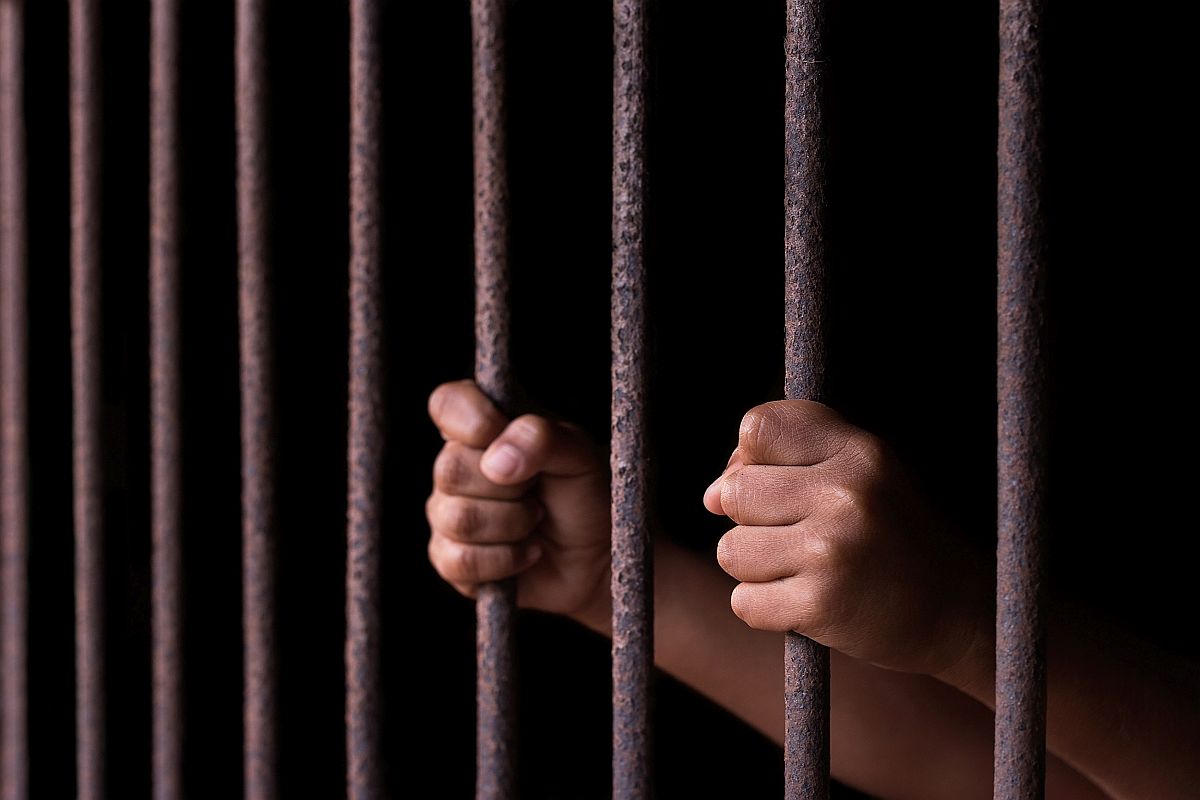A high incidence of child trafficking has been reported from Bihar in the latest National Crime Records Bureau (NCRB) Report which puts the rate, at over one per day, among the highest in the country.
According to the NCRB figures, the state ranked third just behind Rajasthan and West Bengal in 2017 when 362 boys and 33 girls below 18 years of age were rescued from the clutches of traffickers.
Advertisement
Out of these 395 children, 366 were put into forced labour, the NCRB report says, adding that Rajasthan topped the list in the country with 886 cases of child trafficking during the period followed by West Bengal with 450.
The report, released in October last, also says that Bihar police registered 121 FIRs in 2017 against traffickers but could not file a single charge-sheet, thus resulting in zero conviction in trafficking cases.
The NCRB report called ‘Crime in India’ presents annual statistics of various crimes recorded in the country in a given year. The report is released every year usually but this time, it has been issued almost after two years.
Asked about the number of FIRs and charge-sheets being far less than the reported cases, Additional Director General of Police (CID) Vinay Kumar said, “if a child is trafficked from Bihar to any other state, the case gets lodged in the latter. Police rescue the child from the other state and bring him or her back”.
Moreover, he said the data collated in the NCRB report is based on inputs provided by the police only once during the compilation and that there was a need for “a system to feed real-time data”.
“Work is on to implement online Crime and Criminal Tracking Network and Systems in the state, which would serve the purpose”, he added.
Asked about measures taken to rehabilitate a rescued child, the ADGP (CID), who counts “poverty and illiteracy” as the two primary factors responsible for child trafficking, said “the state’s labour and social welfare departments have come out with a slew of schemes specifically for such juveniles”.
Moreover, the state also has in place a “Child Labour Tracking System” which keeps a track of a rescued child till he/she attains 18 years of age. Their rehabilitation is ensured with the help of funds from the state government while the labour department comes out with “skill development” programmes.
However, Suresh Kumar, who runs a Patna-based NGO Centre Direct rues that “poverty, involvement of huge money and weaknesses in prosecution” have contributed to child trafficking becoming a huge problem in the state.
Kumar, who claims to have been involved in rehabilitation of more than 500 children rescued from Jaipur since 2014, added “the prosecution is very weak in cases of human trafficking because cases are of inter-state nature and there is no mechanism for coordination among the states to deal with such cases and hence traffickers often get away with impunity”.
